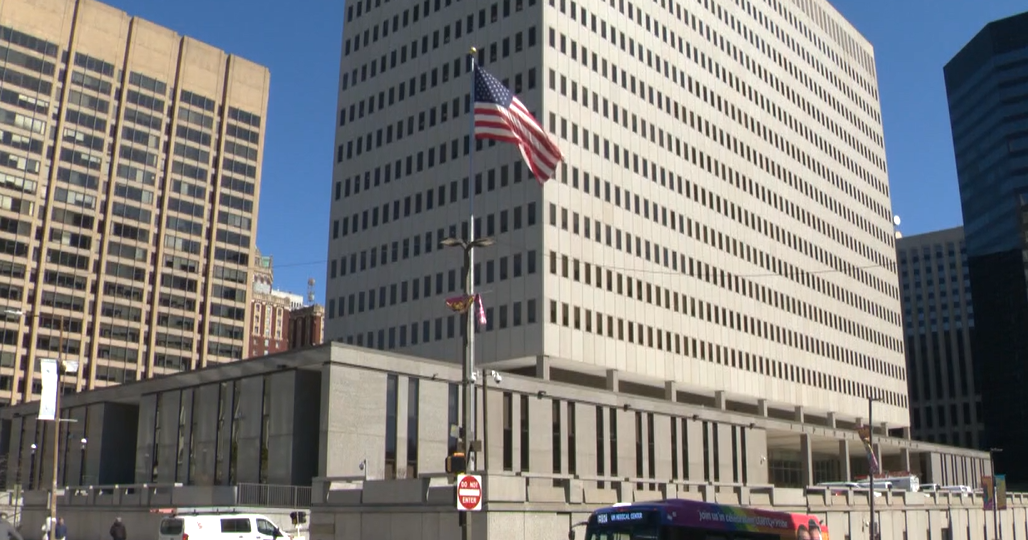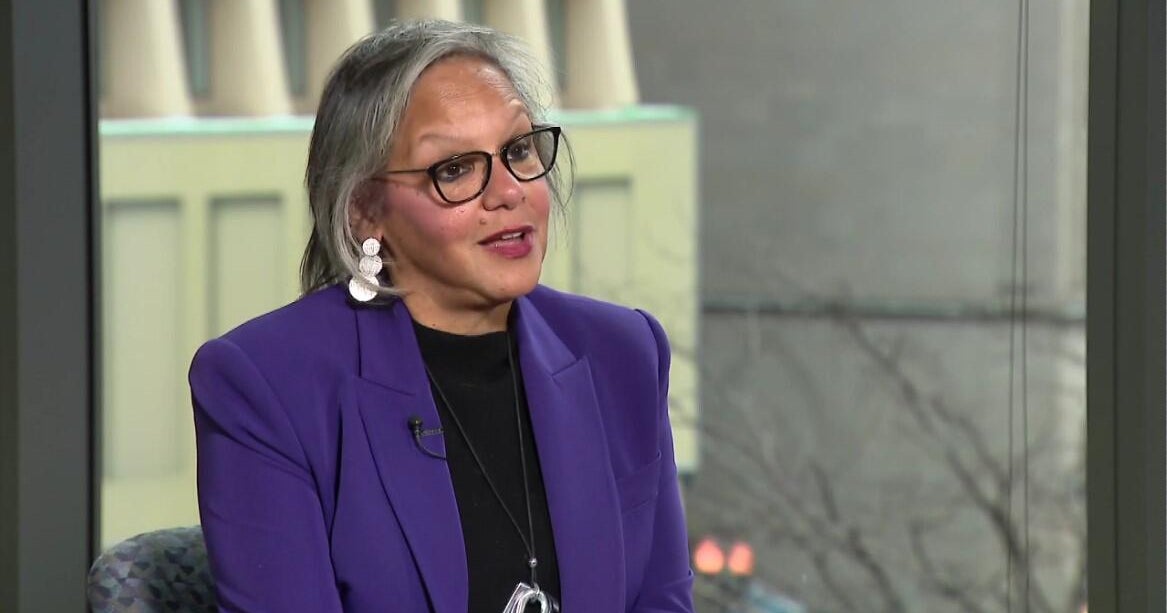'Curious:' Should Lawmakers Get Paid To Commute?
![]() WBZ
WBZ
A lot of people say "wouldn't it be nice?" Wouldn't it be nice to get paid to commute to work, because that's just what our state lawmakers get. Their compensation package gives them a travel per diem that ranges from $10 a day if they live close to Beacon Hill, to $90 a day if they live in the western part of the state.
Julie from Natick doesn't like it and posted this on our Curiosity Web site:
"Why do our state Reps get a per diem? I think they make enough between all their pensions and pay raises that they can pay their own travel costs."
With the state making cuts left and right, is it time for a change? David Wade tried to get some opinions from lawmakers, but discovered that getting answers on Beacon Hill can be tough. What wasn't tough was finding commuters who didn't like the per diems.
"Why should they get paid to commute?" said one man. "That should be a normal part of life, going to work."
But that's not the way it is at the State House. Every Senator and Representative is entitled to a daily payment every time they go to work. The theory is that it equalizes lawmakers' pay by taking into account the cost of traveling different distances, from home to the State House.
According to records WBZ obtained from the state Treasurer's office, the state paid out nearly $540,000 last year for travel per diems. In the grand scheme of things that may not seem like the biggest number in the world, but consider this. There was an enormous outcry when lawmakers recently got a pay raise.
But the cost of the pay raise ($640,000 for one year) isn't that much more than the cost of the per diems. With some lawmakers considering a hike in the gas tax, John from Harwich wrote on our curiosity website: "They get reimbursed, so they don't care about a 19-cent gas tax increase."
"They might as well stay home and save us the per diem," says Barbara Anderson who heads Citizens For Limited Taxation. "Here in Massachusetts it just takes a couple of hours from any point to get to the State House so it's not that much of a burden. Secondly, when they do get to the State House they aren't doing anything."
Representative Daniel Bosley from North Adams earned the most last year, nearly $16,000 in per diems. On the Senate side it was Benjamin Downing from Pittsfield who brought in nearly $8500. But lawmakers who live a lot closer than they do also benefit.
- Senator Karen Spilka from the Framingham area, $4,100.
- Rep. Barry Finegold from Andover, $2,700.
- Rep. Ruth Balser of Newton, nearly $1,300.
None of those lawmakers would speak to us about this issue. We wanted to ask them if they felt that with the current economic crisis whether the per diems are an area that should be cut back.
We wanted to ask that of Rep. John Binienda from the Worcester area. He received more than $8000 last year. But after 11 days of phone calls and e-mails to his staff, we were told he didn't have time to talk to us.
One lawmaker who would speak on camera is Rep. Brad Jones, the Minority Leader from North Reading who received about $3200 in per diems last year. He said he favors keeping the per diem system, but looking more broadly.
"I would prefer to keep it if the idea is that that's the only issue that's going to be on the table. I think there are a lot of things we can and should do. I'm not sure eliminating the per diem is one of them," says Jones.
He's also concerned that without adequate compensation only the well to do would be able to run for office.
"I think it's fair to say that everything should be on the table, but I also sincerely believe if you create a dynamic that the only people who can serve here are people who are independently wealthy, I think you're going to have much more of a disconnect than there already is between people in the legislature and people they seek to represent," he says.
Rep. Jones points out that he, and some of his colleagues have also given up a recent pay raise. In his case, Jones has donated it to charity.
However, Rep. Paul McMurtry, a Democrat from Dedham says the per diem should be looked at. "Personally if I had the option to remove it, I probably would remove it because of the state of the economy."
We wanted to know what other political leaders think about the per diem and whether it's time for a change.
We asked Gov. Patrick. At first he said, "I don't know enough about it to be able to comment."
But then he went on to comment, saying, "I think that all of us are having to look at all of the benefits that all of us get because the times demand it."
Senate President Therese Murray, who does not accept per diems, told us, "You can look at everything. We're going to have to look at everything."
But as Speaker of the House Robert DeLeo controls much of the legislative agenda on Beacon Hill, he thinks per diems should stay.
"I feel that it's an equitable form of leveling the playing field to make sure there's no one, no matter what part of the state they're from, who may feel financially disqualified from being a member of the legislature because of the distance they have to come," he said.
We asked him why he doesn't accept per diems.
"I've decided not to take it, that's my own personal decision. And whatever anyone else does, it's up to their own particular needs," he responded.
Another area of concern is that the per diems are done on an honor system. The lawmaker has to attest that he or she was at the State House, but there's no policing of that, so some people are concerned about the potential for abuse.
One thing has changed recently. The per diems used to be tax free, now they're taxable, and apparently not going away.
© MMX, CBS Broadcasting Inc. All Rights Reserved.







